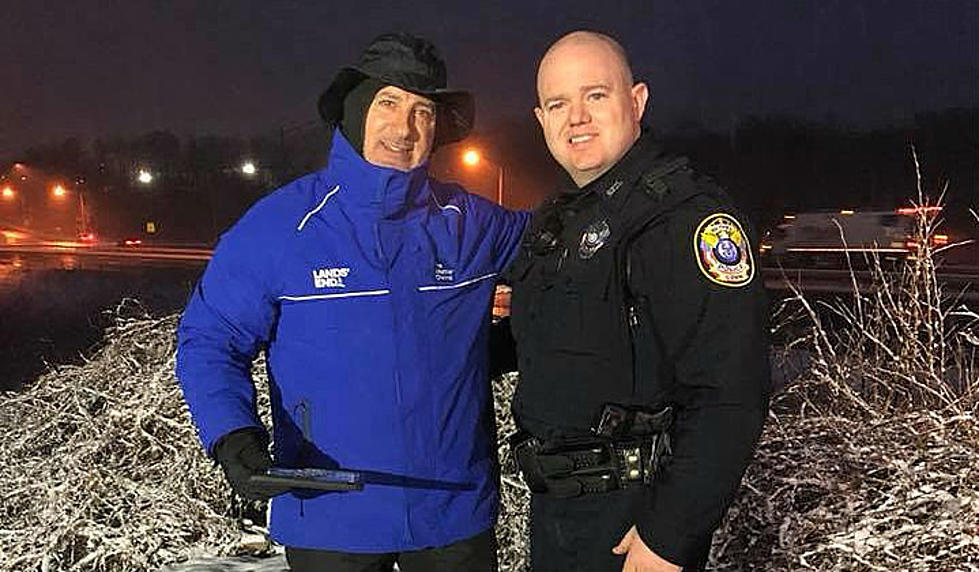
Musician Argues for New Laws to Protect Artists From Sexual Misconduct
Musician Katie Armiger has united with two senior politicians to argue the case for new legislation to protect artists from sexual misconduct.
The changes are needed, the group said, because performers’ non-employee status with labels means they’re not currently covered by workplace laws. Although the proposals would affect only the state of Tennessee, its backers believe it could encourage a change of rules in other places in the aftermath of the Hollywood sex scandals and the #MeToo movement.
"By the time I reached 18, I had been exposed to behaviors and expectations that made me uncomfortable," country singer Armiger told Rolling Stone. "It ranged from innuendos and crude comments to outright unwanted touching. Not only was it confusing, but it was humiliating. This was happening at the hands of powerful and influential professionals that I was supposed to impress with my music. Like many, I was told that it all was just being part of the business."
The proposals, HB 1984/SB 2130, are supported by Rep. Brenda Gilmore and Sen. Jeff Yarbro, both Democrats. Noting that many artists “aren’t falling into a typical employer/employee relationship,” Yarbro added, “What this legislation does is expand workplace protections to those who are independent contractors, and contractors performing services, so those people too can be protected from sexual harassment in the workplace. Because all of our workplaces should be safe."
If successful, the new legislation would make it an offense “for an employer to harass an employee, an applicant or a person providing services pursuant to a contract because of the employee's, applicant's or person's sex” in the state of Tennessee. “An artist is a product -- a product that an entire business is built around," Armiger explained. "I was neither an entrepreneur nor an employee. I wasn't a freelancer or a contractor. According to current law, being signed to a record label is a relatively undefined position. I was essentially allowed to use my talent and creativity to pursue my dreams, but only through the investment of others."
“We have a special responsibility here in Nashville, as the world capital of country music, to recognize our responsibility in this and take a leadership role," Yarbro said ahead of the bill’s hearing today. "We need to see a change in culture that says harassment isn't okay at any time, any place, in any industry for any sector of our economy. We have to say 'enough.'"
More From WRKI and WINE










